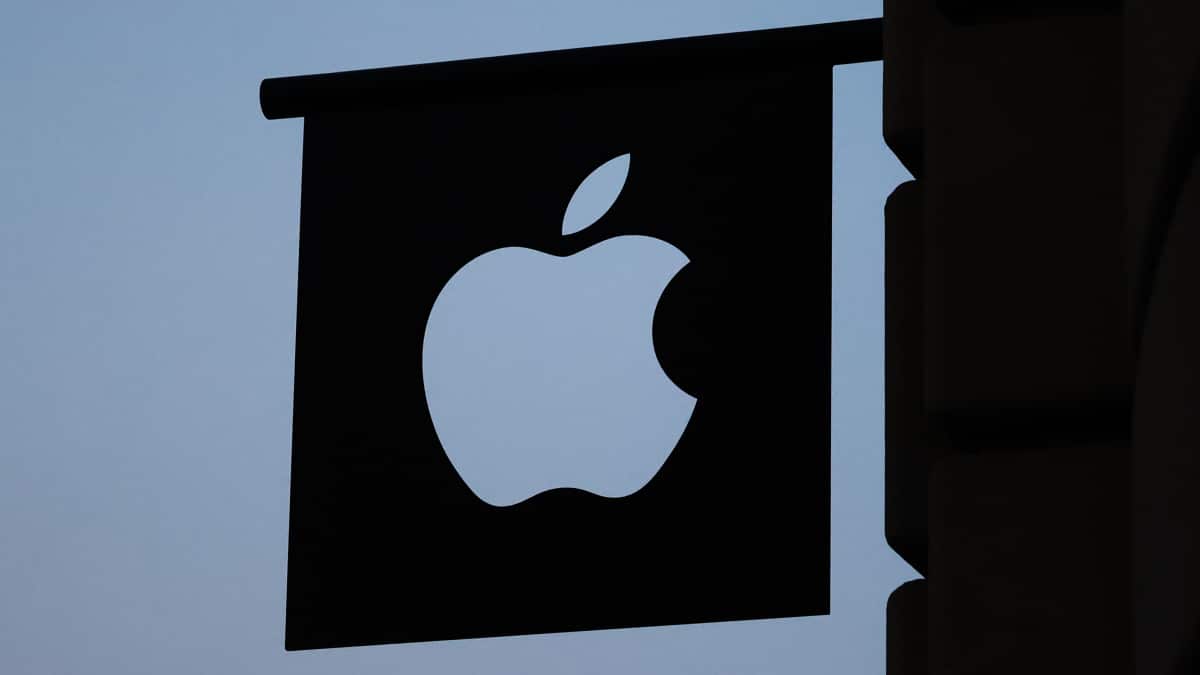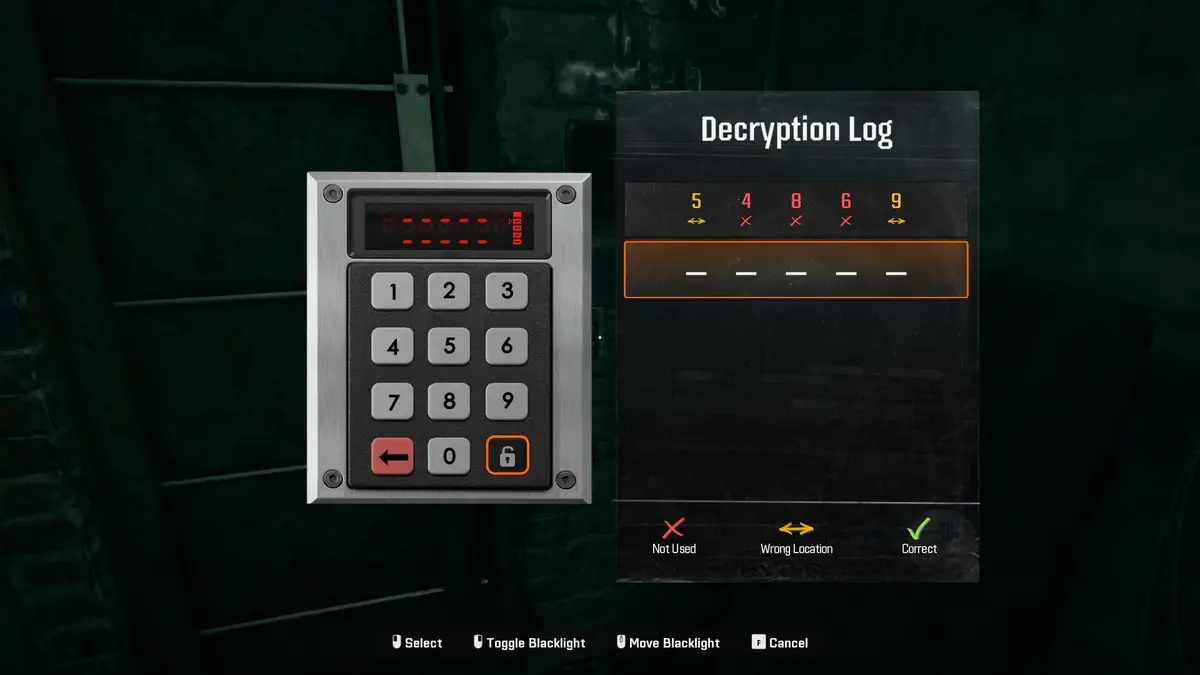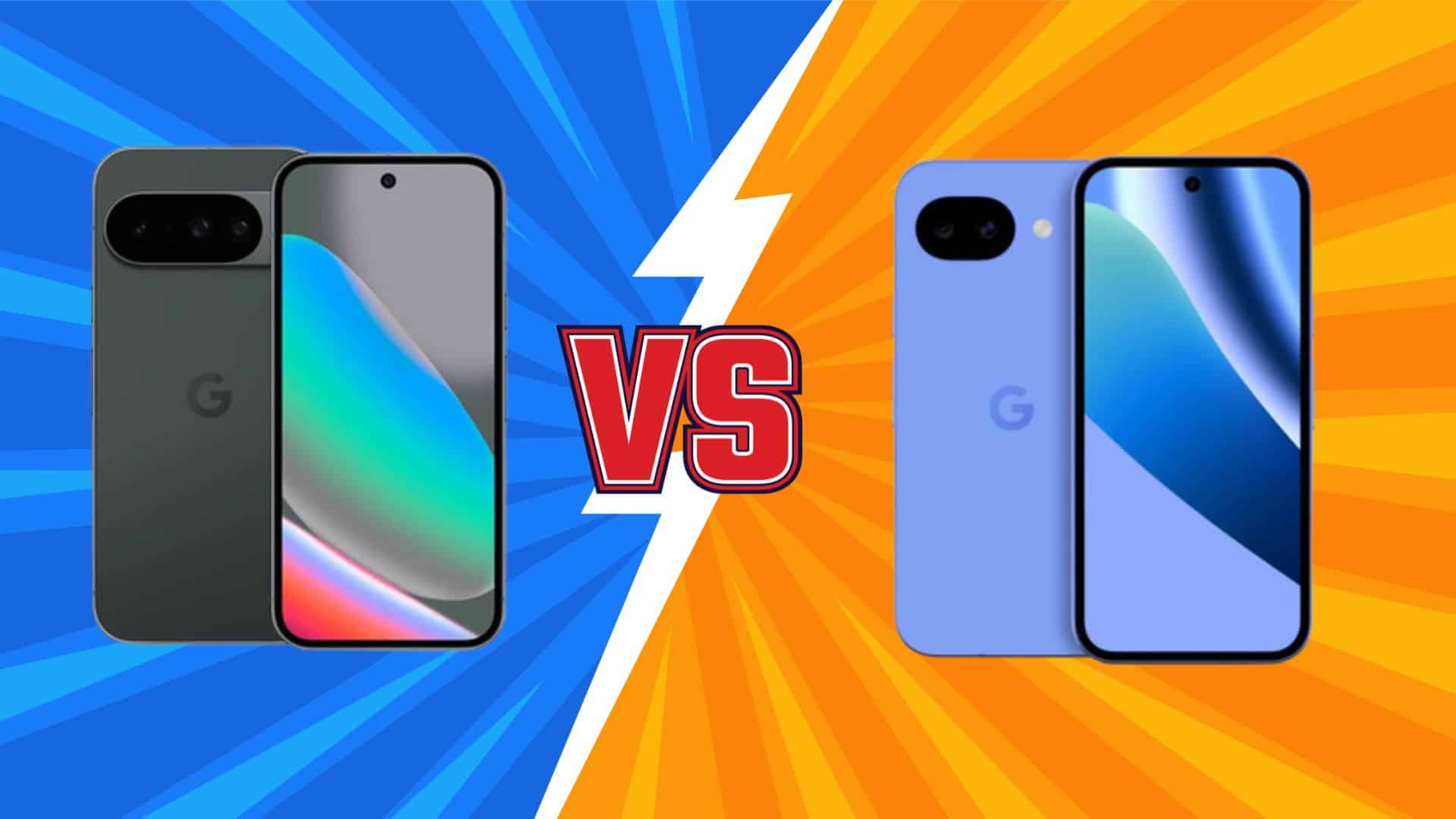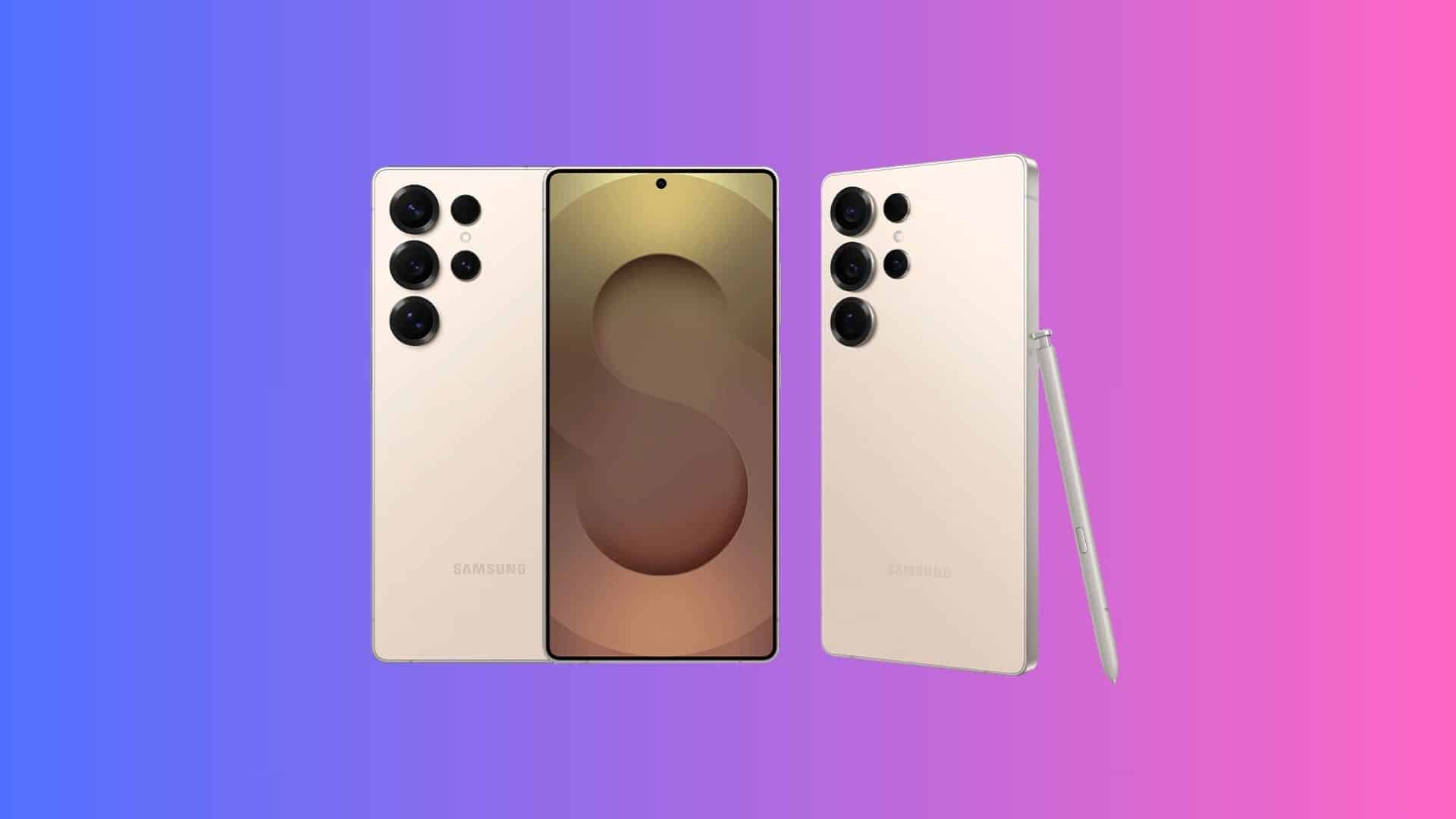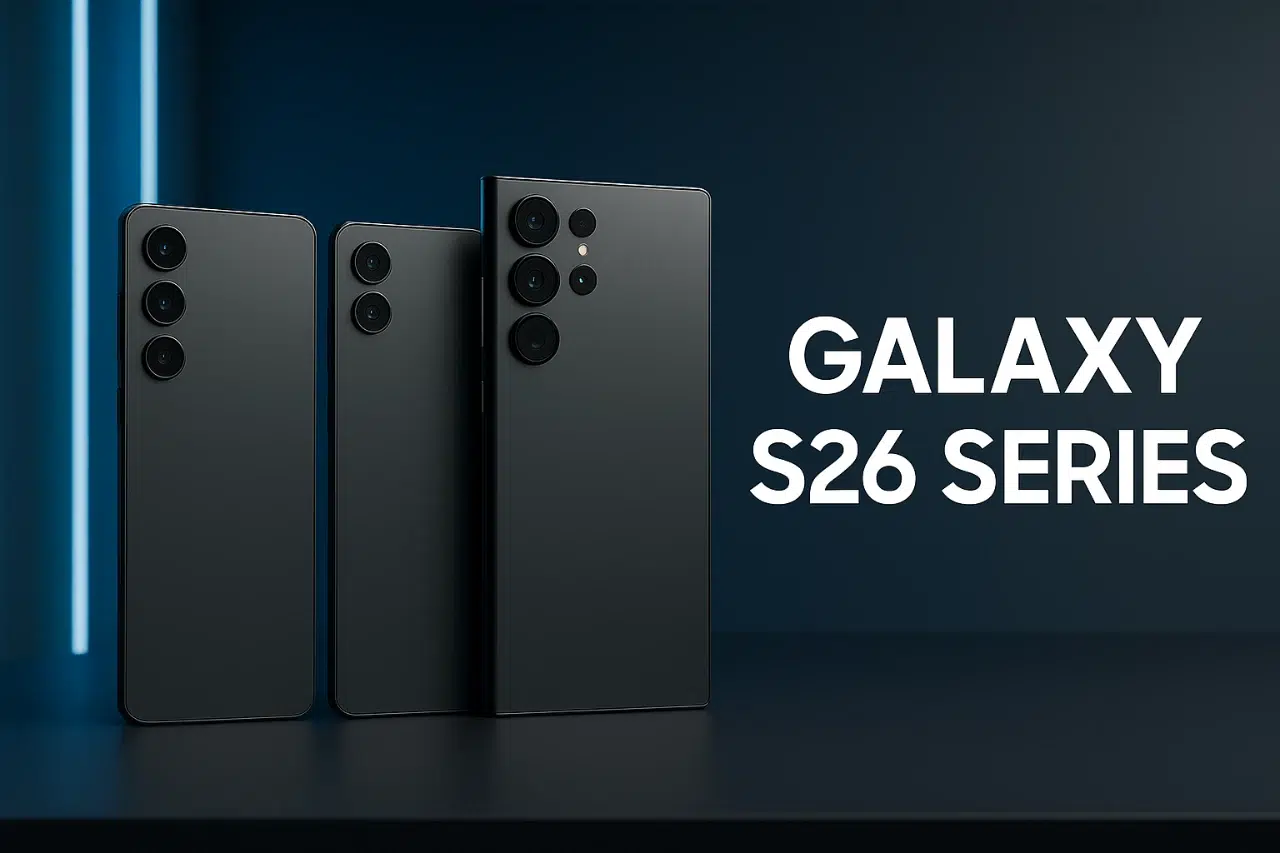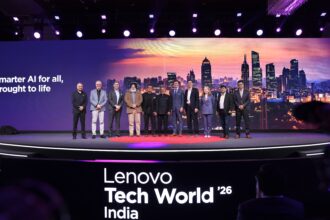The US Copyright Office has dealt a significant blow to video game preservation efforts by denying a crucial exemption to the Digital Millennium Copyright Act (DMCA). This decision, announced in late October 2024, prevents libraries and archives from providing remote access to out-of-print video games, effectively locking away a vast portion of gaming history.
This issue has been brewing since 2021, with organizations like the Video Game History Foundation (VGHF) and the Software Preservation Network (SPN) championing the cause for greater access. Their argument? Section 1201 of the DMCA, designed to prevent copyright infringement, ironically hinders the preservation of older games by restricting libraries from circumventing copy protection, even for legitimate research purposes. They proposed an exemption to allow libraries and archives to offer remote access to these games, opening up video game history to researchers, academics, and developers worldwide.
However, powerful industry players, including the Entertainment Software Association (ESA), representing major game publishers, lobbied against the exemption. Their concern? Potential loss of revenue from re-released classic games and the risk of unauthorized distribution.
A Locked Vault: The Current State of Game Preservation
Imagine wanting to study the evolution of level design in early 3D platformers. Sounds like a legitimate research topic, right? But with the current restrictions, accessing those games legally can be a nightmare. A VGHF report revealed a staggering statistic: nearly 90% of video games released before 2010 are no longer commercially available. This means your research might involve scouring eBay for overpriced cartridges, hoping to find working hardware, or even traveling to the University of Michigan, which houses one of the few physical libraries with playable vintage games.
The proposed exemption aimed to solve this. It envisioned a digital library system where researchers could “check out” games, running them through emulators with strict access controls. This would democratize access to video game history, enabling research and education without the barriers of cost and scarcity.
Why is the Copyright Office Saying “No”?
The Copyright Office sided with the ESA, expressing concerns about potential market harm and the lack of safeguards against unauthorized copying. They argue that remote access could encourage recreational gaming under the guise of research, impacting the market for re-released titles.
This decision has sparked outrage among preservationists. “It’s incredibly frustrating,” says a VGHF representative. “The Copyright Office seems to be prioritizing the interests of large publishers over the preservation of cultural heritage.” They argue that the ESA’s fears are unfounded, citing existing safeguards in libraries and the limited appeal of older games to the average gamer.
The Fight Continues: What’s Next for Game Preservation?
Despite this setback, the VGHF and SPN remain committed to their mission. They plan to continue advocating for changes to copyright law, exploring alternative solutions, and raising public awareness about the importance of video game preservation.
This isn’t just about dusty cartridges and old consoles. It’s about safeguarding a significant part of our cultural history. Video games are a unique art form, reflecting technological innovation, artistic expression, and societal trends. Restricting access to them hinders our ability to understand and learn from them.
The battle for access to video game history is far from over. Whether you’re a researcher, a gamer, or simply someone who values cultural heritage, this issue deserves attention. The future of video game history depends on it.




